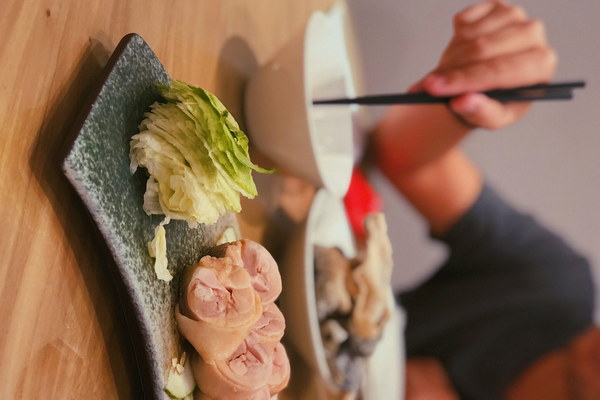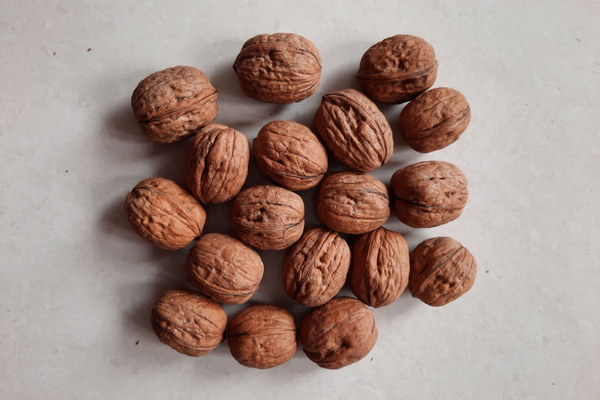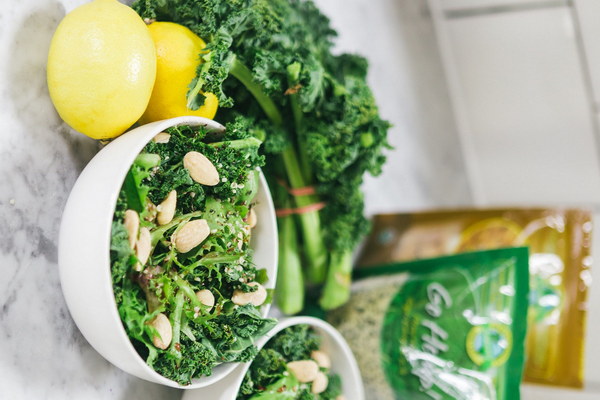Nourish Your Spleen and Stomach A Comprehensive Guide to Traditional Chinese Health Practices
Introduction:
In Traditional Chinese Medicine (TCM), the spleen and stomach are considered the central organs of the body, responsible for the transformation and transportation of nutrients. Maintaining a healthy spleen and stomach is essential for overall well-being. This article will explore various methods to nourish and balance these vital organs, drawing from TCM principles and practices.
1. Diet and Nutrition:
A balanced diet plays a crucial role in nourishing the spleen and stomach. Here are some dietary recommendations:
- Include a variety of vegetables and fruits in your diet, as they are rich in essential nutrients and fiber.
- Consume moderate amounts of lean proteins, such as chicken, fish, tofu, and legumes.

- Incorporate whole grains, such as brown rice, quinoa, and oats, into your meals for sustained energy.
- Avoid cold, raw, and difficult-to-digest foods, as they can strain the spleen and stomach.
- Reduce the intake of spicy, greasy, and processed foods, which can irritate the digestive system.
2. Acupuncture and Moxibustion:
Acupuncture and moxibustion are ancient Chinese practices that help balance the body's energy, or Qi. By targeting specific points on the body, these therapies can stimulate the spleen and stomach, promoting digestion and absorption of nutrients.
3. Herbs and Supplements:
Traditional Chinese herbs can be used to support the spleen and stomach. Some commonly used herbs include:
- Atractylodes (Cang Zhu): Known for its warming properties, it helps to strengthen the spleen and improve digestion.
- Codonopsis (Dang Shen): This herb is often used to boost the immune system and enhance energy levels.
- Astragalus (Huang Qi): Known for its immune-boosting properties, it can also support the spleen and stomach.
- Ginger (Sheng Jiang): This herb aids digestion and can help alleviate nausea and bloating.
4. Exercise:
Regular physical activity is essential for maintaining a healthy spleen and stomach. Engaging in gentle exercises, such as walking, tai chi, or yoga, can improve blood circulation, enhance digestion, and promote overall well-being.
5. Mindfulness and Stress Management:
Stress can negatively impact the spleen and stomach, leading to digestive issues. Practicing mindfulness and stress-reducing techniques, such as meditation, deep breathing exercises, and progressive muscle relaxation, can help maintain a healthy balance.
6. Proper Sleep and Rest:
Adequate sleep and rest are crucial for the proper functioning of the spleen and stomach. Ensure you get enough sleep each night and take breaks during the day to relax and rejuvenate.
Conclusion:
Nourishing the spleen and stomach is essential for maintaining a healthy and balanced life. By incorporating these TCM principles and practices into your daily routine, you can support the proper functioning of these vital organs and enjoy improved digestion, energy levels, and overall well-being. Remember to consult with a qualified TCM practitioner before starting any new treatment or therapy.









